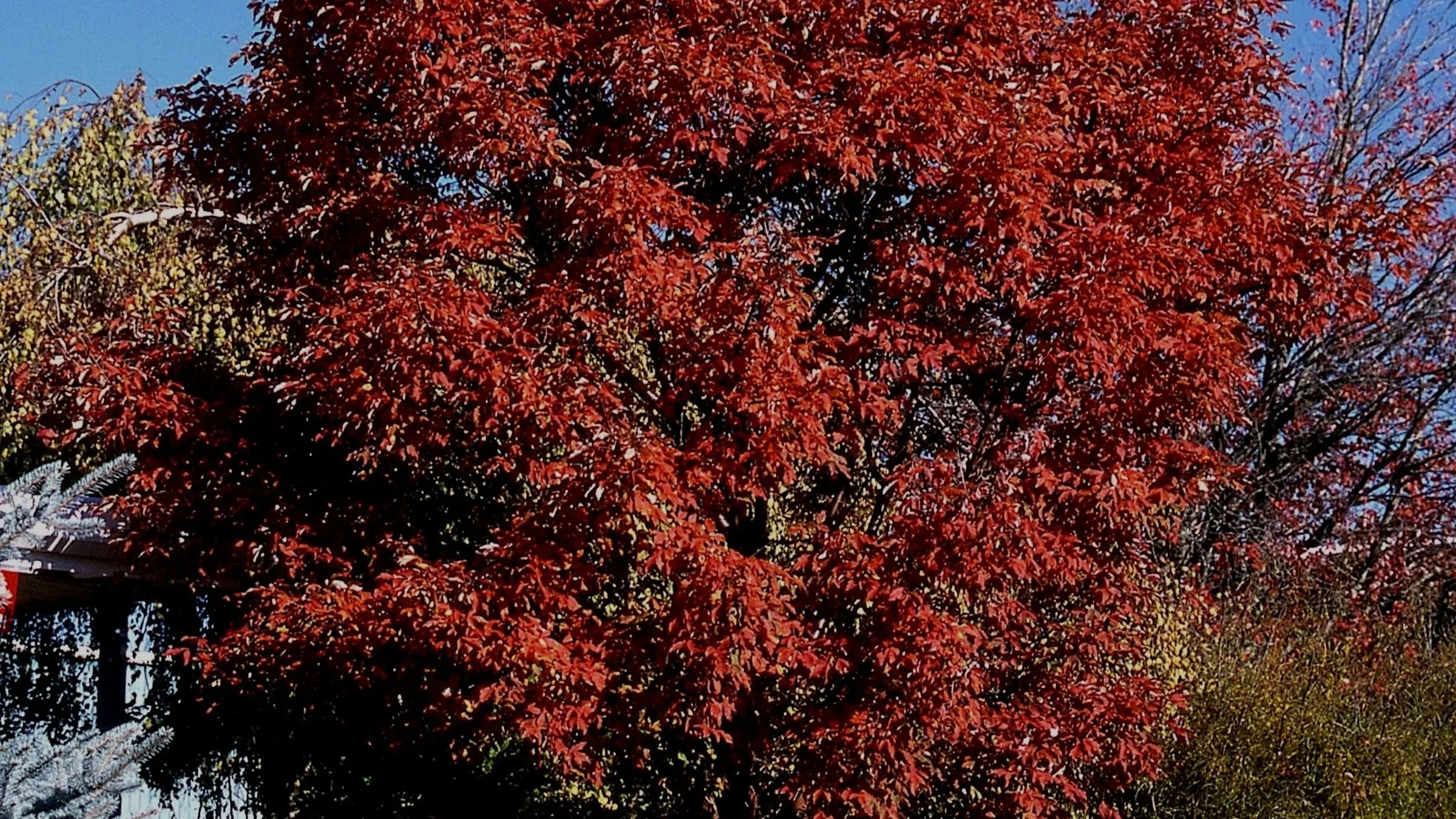Surviving our northwest winters has always been a bit of a guessing game when it comes to our gardens. No year is ever the same. For years I would prepare for the worst by mulching my roses and storing my container plantings in one of our cool greenhouses (a luxury I realize many of you don’t have). But as time passed and our winters became milder and milder, I became more lackadaisical. Now, as I look out over my patio and realize that several of my prized container plantings are frozen like a brick, I am wondering what’s going to happen come spring. I can only hope that the 6 to 8 inches of snow that is piled on top and around them will be enough insulation to save my butt. While it is still too early to tell for sure, here are some thoughts on what we might expect from this winter’s storm…
Container plantings: What happens with container plantings when it is as cold as it has been (some of you have reported single digits), is that the entire soil mass freezes and consequently the roots freeze as well. While the tops my still look okay, in all likelihood, the plants may be toast and as the weather warms the plants will decline and eventually wilt and die. While I have had container plants survive severe root damage, it is a long and painful recovery process - it is probably just better to read them their last rites and plant up some new ones. I know how sentimental some of you can be with your little floral friends, so if you are unsure about their viability, transplant them into a cheap black nursery pot and set them out back where they will either make it or not, but at least you won’t have to look at them every day.
Broken limbs: So far this winter the snow that we have received has been very dry and consequently not heavy. That being said, some of you may still have experienced some limb breakage on your trees or shrubs. If so, remove the broken limbs and make a clean cut where the limb was attached. This will help facilitate the healing process come spring. There is no need for sealing compounds or “Band-Aids” of any kind. Trees know how to repair their wounds all by themselves.
Disfigured evergreens: When snow stays on evergreens too long, they tend to splay out and lose their form. My lovely “tight and tidy” Emerald Green hedge, on my southern property line, is looking a bit “loosey-goosey” right about now and it’s got me concerned. Despite a vigilant “beating off the snow routine”, it will probably need some attention come spring in the form of pruning back the errant branches or getting out my fishing line (which hasn’t seen either fresh or salt water in decades) and corralling in all the wild limbs to restore that fastigiate look I so covet. Stay tuned to see how this all turns out.
Frozen buds: Temperatures in the low teens or lower, will often cause buds on camellias and rhodies to freeze, turn brown, and fall off. This effect is varietal specific, so some rhodies will lose all their blooms while others won’t even be fazed. The jury is still out on bud damage, so I’ll let you know in another month what to expect. More on our possible cold winter damage next week.


